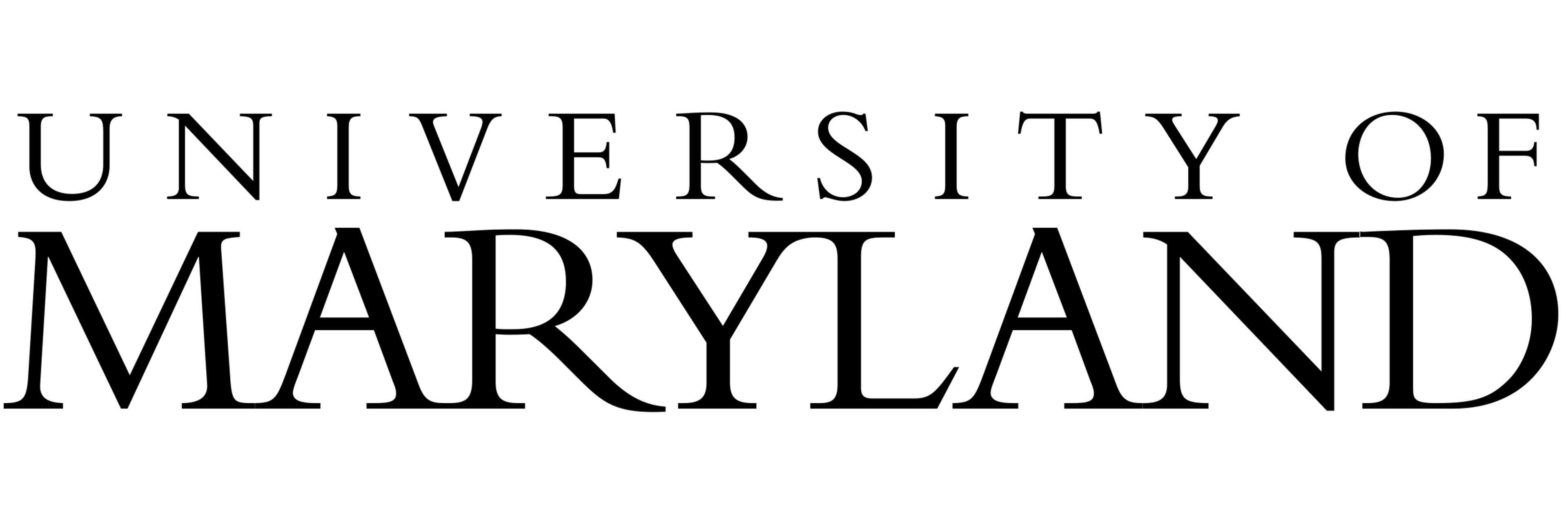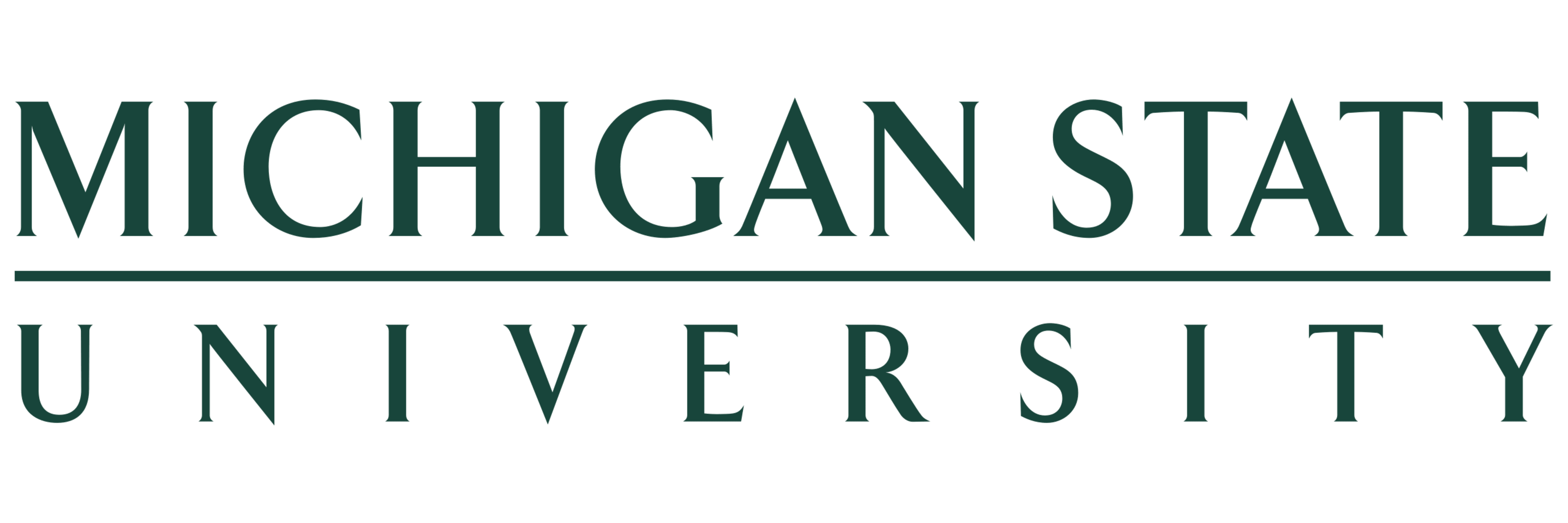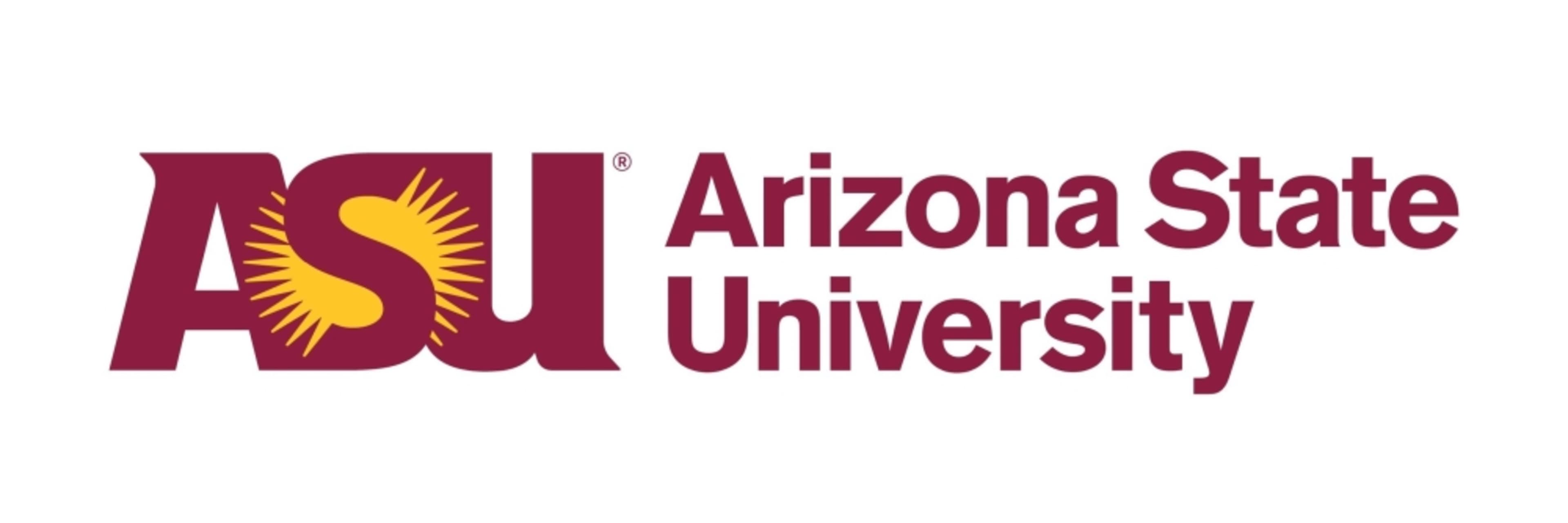Filters
Filters
- Humanities Programs
- Russian Literature
Sort by
29 Russian Literature Degree Programs


University College London (UCL)
Russian and East European Literature and Culture MA
- London, United Kingdom
MA
Full time
1 year
On-Campus
English
Advance your knowledge of Russia and Eastern Europe through this degree that spans across literature, film, philosophy and linguistics. The Russian and East European Literature and Culture MA enables you to study literature and culture, while equipping you with key research and problem solving skills ideal for future careers. Taught at UCL, you’ll become part of one of the largest national centres in the UK for the study of Russia and Eastern Europe.


University of Maryland
Bachelor's in Russian Language & Literature
- Adelphi, USA
Bachelor's degree
Full time
On-Campus
English
The Bachelor's in Russian Language & Literature program offers a comprehensive curriculum focused on developing proficiency in the Russian language, alongside in-depth study of Russian literary histor...
Best programs for you
Answer a few questions and we'll match you with programs!


University of Colorado Boulder
Russian Studies, MA
- Boulder, USA
MA
Full time
On-Campus
English
The master's program in Russian Studies offers students a comprehensive look at the language, history, literature, and culture of Russia and Eastern Europe. It provides a rigorous academic environment...


University of California Los Angeles (UCLA)
BA in Russian Language and Literature
- Los Angeles, USA
BA
Full time
On-Campus
English
The Bachelor of Arts program in Russian Language and Literature at UCLA offers students a comprehensive curriculum focused on the study of Russian language, literature, and culture. Students engage wi...


Kent State University
Russian Literature, Culture and Translation - B.A.
- Online USA
BA
Full time
On-Campus
English
The program focuses on exploring Russian literature, culture, and translation, helping students develop a deep understanding of Russia’s literary traditions and cultural heritage. Students learn to an...


Swarthmore College
Bachelor's in Russian
- Swarthmore, USA
Bachelor's degree
Full time
On-Campus
English
The bachelor's program in Russian offers students a deep dive into the language, literature, and culture of Russian-speaking countries. It's designed to develop proficiency in Russian while exploring ...


University of New Hampshire
Russian Major (B.A.)
- Durham, USA
BA
Full time
On-Campus
English
The Russian Major (B.A.) program offers students an in-depth study of the Russian language, literature, and culture, aiming to develop proficiency in Russian while fostering an understanding of its hi...


Michigan State University
Bachelor's in Russian
- East Lansing, USA
Bachelor's degree
Full time
On-Campus
English
The Bachelor's in Russian program helps students develop strong language skills while also exploring the culture, history, and literature of Russian-speaking regions. It emphasizes speaking, reading, ...


Dartmouth College
Bachelor of Arts in Russian
- Hanover, USA
Bachelor's degree
Full time
On-Campus
English
The Bachelor of Arts program in Russian Language and Literature at Dartmouth is designed to provide students with a comprehensive understanding of the Russian language, literature, and culture. The cu...


University of Oklahoma
Bachelor's in Russian
- Norman, USA
Bachelor's degree
Full time
On-Campus
English
The bachelor's program in Russian offers students a chance to develop strong language skills along with a deep understanding of Russian culture, history, and literature. It prepares students to commun...


City University Of New York
BA in Russian
- New York, USA
BA
Full time
On-Campus
English
The BA in Russian program offers students a chance to develop strong language skills alongside a deep understanding of Russian culture, history, and literature. Throughout the program, students engage...


Arizona State University
BA in Russian
- Central City, USA
- Tempe, USA
BA
Full time
On-Campus
English
The Bachelor of Arts in Russian program at Arizona State University offers students a comprehensive study of the Russian language, literature, culture, and history. The curriculum emphasizes developin...


Virginia Polytechnic Institute and State University
Bachelors in Russian
- Blacksburg, USA
Bachelor's degree
Full time
On-Campus
English
Pursuing a bachelor's degree in Russian offers students a chance to develop strong language skills along with a deep understanding of Russian culture, history, and literature. The program focuses on c...


University of New Mexico
BA in Russian
- Albuquerque, USA
BA
Full time
On-Campus
English
The Bachelor of Arts in Russian is designed for students who want to develop strong language skills along with a deep understanding of Russian culture, history, and literature. The program offers a mi...


The University of Arizona
Bachelor's in Russian: Culture Focused Emphasis
- Tucson, USA
Bachelor's degree
Full time
On-Campus
English
The Bachelor's degree with a Russian: Culture Focused Emphasis offers students an in-depth understanding of Russian language, literature, and culture. The program emphasizes developing advanced langua...
Popular Humanities Programs Russian Literature degree types
Popular study format
Popular locations
Learn more about Russian Literature degree programs
Studying Russian Literature opens a door to a rich world of storytelling, culture, and history. This discipline delves into the works of iconic authors, exploring themes of identity, society, and the human experience through a diverse array of texts.
As students engage with works by renowned writers, they analyze narrative techniques, character development, and historical context. Common courses might include Themes in Russian Literature, Dostoevsky and the Human Condition, and the Role of Women in Russian Fiction. Students strengthen critical thinking as they explore varying interpretations and the impact of literature on culture and society.
Graduates gain technical skills such as textual analysis, critical writing, and independent research methods. With a degree in Russian Literature, you'll be well-prepared for careers in areas such as publishing, education, and cultural research. This field nurtures your ability to communicate complex ideas effectively, making you a valuable asset in many professional environments.